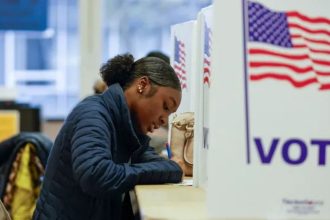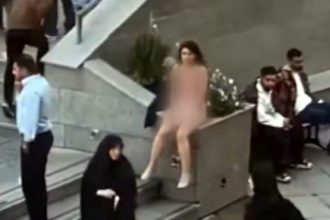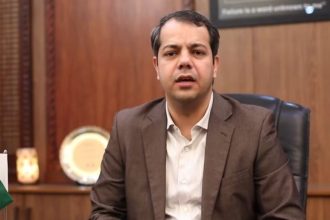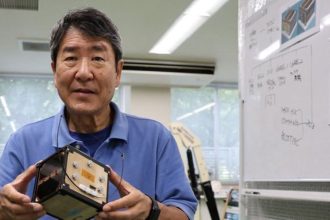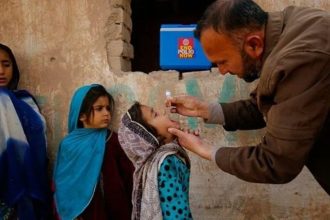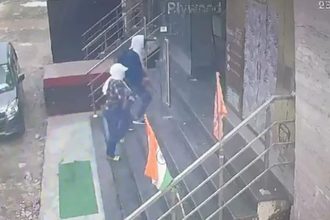New Dehli: Burka Avenger, the mysterious burqa-clad superhero operating out of the fictional Pakistani town of Halwapur, is jumping borders into the Indian heartland to tackle women’s empowerment.
The cartoon series created by Pakistani singer Haroon Rashid – known simply as Haroon – is being shown on ZeeQ, a channel owned by the Indian entertainment company Zee Network. The show, produced by Unicorn Black, launched in India this month and is being aired in Hindi and English as well as two regional languages.
“For the release in India the show has been adapted somewhat. It has been dubbed in Hindi and other regional languages,” said Haroon.
Burka Avenger is the story of Jiya, a twentysomething schoolteacher who dons a full body covering, similar to those worn by some Muslim women. The burqa, which is seen by some as a symbol of subjugation, is used by Jiya as a magical cape to hide her identity and fight the wrongs around her, including the subjugation of women and the denial of the right to education for girls.
Haroon claims the idea of Burka Avenger was in reaction to girls’ schools being shut down by extremists in Pakistan. The character is a keen proponent of education for girls.
Burka Avenger slugs it out with a number of villains with her weapons of choice – books and pens. The character also tackles health issues, including fighting the opposition to vaccination drives.
“I did not want her to use guns and bombs to fight back. So she uses books and pens, which has a message that the pen is mightier than the sword and education is the answer – not more violence,” Haroon said.
Burka Avenger was launched in Pakistan in July 2013 and has won several prizes including an Emmy Kids award. It was also named one of the most influential fictional characters by Time magazine in 2013.
Haroon is hoping the show will help boost awareness about women’s empowerment and the importance of education for girls. “We address serious issues, but the edge is taken off through stories that are full of adventure and comedy,” Haroon said. “The core social messages come across, yet the stories are not preachy.”
Even though there are contrasting social dynamics in India and Pakistan, the status of women in both countries has a familiar ring. India has a skewed sex ratio, with 940 females to every 1,000 males. And it’s getting worse, with the ratio for girls to boys 914:1,000.
India’s prime minister, Narendra Modi, recently asked political leaders in the northern Indian state of Haryana to ensure female foeticide is brought to an end there. Haryana has the most skewed ratio in the country, with only 877 females for every 1,000 males.
India has made great strides in ensuring gender parity in schools. However, there is a high rate of crime against women and girls. The government has launched a number of campaigns, including Beti Bachao Beti Padhao (save daughters, educate daughters) to stop foeticide and improve education for girls.
“Using cartoons to shape their mind and make them aware about the social issues of our society is a positive step in creating gender sensitivity and social awareness in our country,” said Haroon.
The creators and presenters of the series are hoping the themes resonate in India as well. “We are always on the lookout for shows with themes that are relevant to Indian children and we are very fortunate that we have this show,” said the deputy business head of ZeeQ, Aparna Bhosle.
Women’s groups in India have welcomed the move to air Burka Avenger. “A lot of problems that women in India face stem from the cultural upbringing which conditions the mind of children,” said Noorjehan Safia Niaz, founder of the Ashana Trust, which supports women’s initiatives for justice and development.
Despite the tension over Kashmir and terrorism, there have been increasing cultural exchanges between India and Pakistan. Early last year, Zee Network launched an entertainment channel showcasing programmes from Pakistan.


